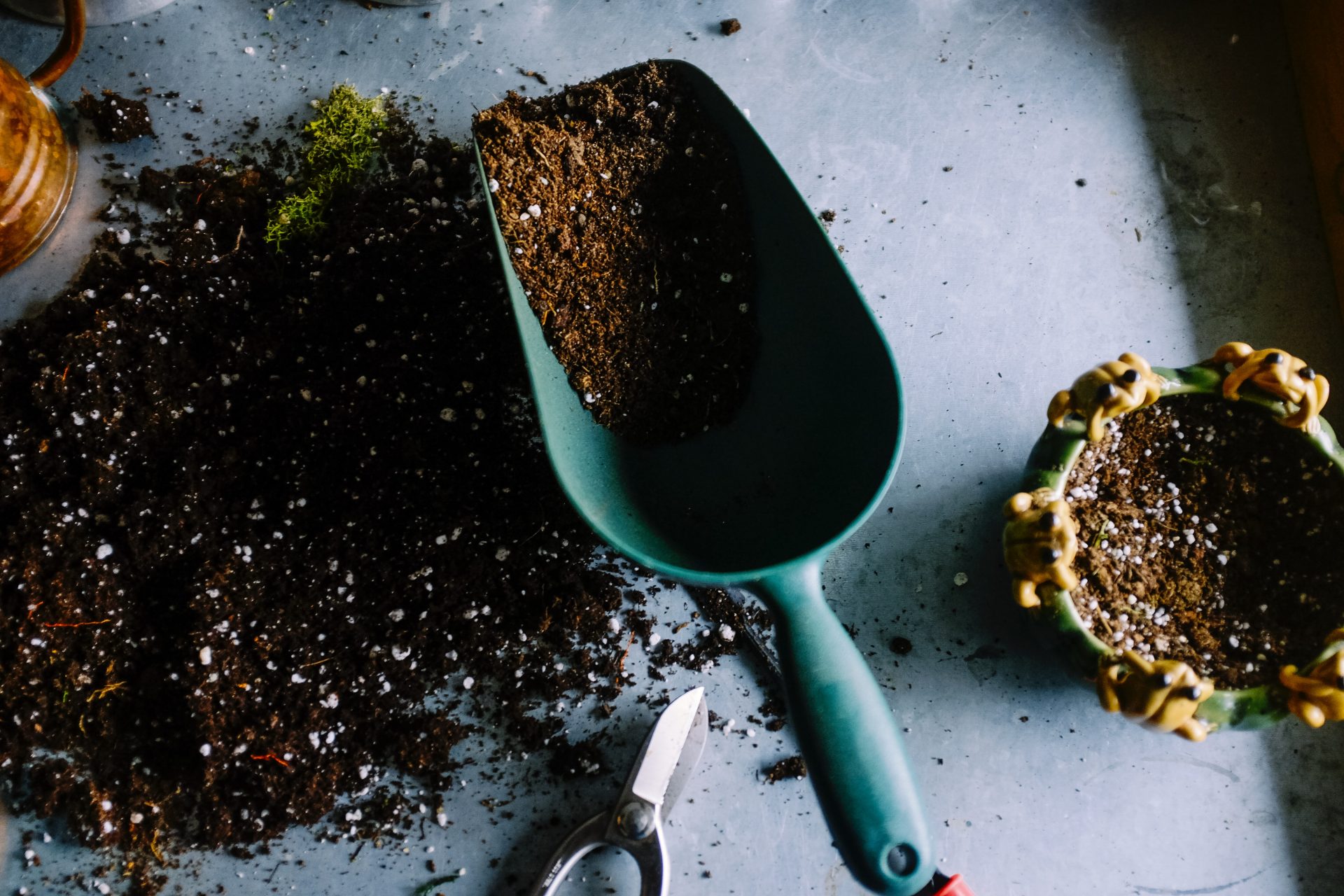 Compostable biowaste bags are not a threat to the quality of compost, according to a new report from the Witzenhausen Institute and the University of Bayreuth.
Compostable biowaste bags are not a threat to the quality of compost, according to a new report from the Witzenhausen Institute and the University of Bayreuth.
This field study shows that compostable bags are a suitable option for organic waste collection by completely disintegrating and reducing the plastic contamination.
In a field test, composts from eight different biowaste treatment plants with an upstream fermentation stage were examined. The aim was to identify film plastics and especially compostable film particles. The plastic polymer group determinations were carried out by the University of Bayreuth (@unibt).
The number of film particles in the compost (mean value from three repetitions) varied between 2.3 and 74.3 film particles per litre of compost. The area sum index of the composts varied between 0.7 cm²/l FM and 13 cm²/l FM; the mean value of all 10 composts was 5 cm²/l FM.
In 7 of the 10 composts or in 25 of 30 samples no compostable plastic films particles could be detected. The number of plastic film particles per compost sample (1 litre of test substrate each) varied between 1 and 111 film particles, altogether 446 plastic film particles were found in the 30 compost samples (10 compost samples with three repetitions each).
The number of compostable plastic films particles identified was eight in total or 0.3 pieces per average compost sample. That means that over 98 % of the film plastic particles were attributable to PE or other conventional plastics.
Assuming that the compostable plastic bags share of the film plastics in the biowaste input material is on average approx. 39 % (fluctuation range 19 % to 61 %), only an average compostable plastic films particles share of 1.8 % was detected in the composts. It can therefore be assumed that the use of compostable plastic bags for the biowaste collection would lead to a significant reduction in plastic particles in the compost if PE bags were substituted, according to the study.
Trade body European Bioplastics welcomed the study and said: “The study adds very important data to a discussion which, so far, has almost exclusively been conducted emotionally and in absence of any scientific facts.”
German industry association Verbund kompostierbarer Produkte also praised the study. “The study results once again prove that the use of biopolymers doesn’t negatively affect the compost. On the contrary, they provide the consumers with hygienic and high-quality solutions for the separate collection of biowaste,” said Peter Brunk, Chairman of Verbund.
 If you were interested in this story, you may also be interested in the ones below.
If you were interested in this story, you may also be interested in the ones below.
Read: Avery Dennison achieves ‘OK Compost’ certification
Read: Compostable materials market booms in Italy
Read: Post-corona: What would the bio-based industry look like?
Read: Paper-based biodegradable sensors could replace ‘use-by’ dates to cut food waste.
Read: 5 Minutes With…Bhavin Bhayani from Avatar Sustainable Technologies.
Read: Asda to use bio-based coating for fruit to tackle food waste.
Read: How sustainable ingredients offer emerging opportunities from food waste.





